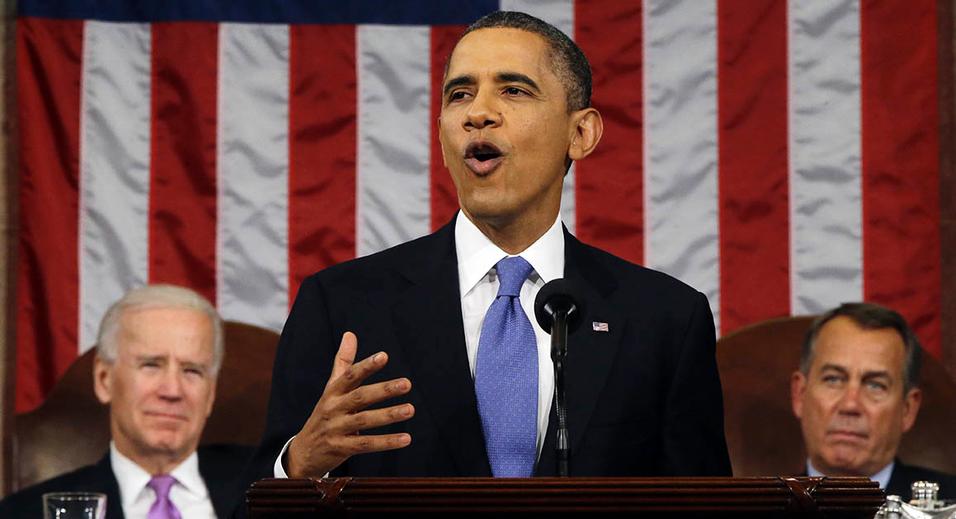AKEEM AKAPO
There is need to urgently call out the false premises advanced in a back page article of This Day newspaper of Monday January 9, 2016 for the obvious reason that it risks misleading Nigerians to docilely accept a country where big corporations call the shots. The article titled “Why NCC’s Failed Data Price Hike was Flawed” by Sina Kawonise, a former Information and Strategy Commissioner in Ogun State, is a study in the tyranny of a vocal minority, who in this information age relishes in distorting information to protect the interest of a few.
It is important as a conscientious citizen to immediately challenge the kind of flawed reasoning put forward in the piece and not to resort to the usual refrain that it is the business of the Nigerian Communications Commission (NCC) to set the record straight. If that commission is bullied into allowing anything go in the telecommunications industry it is us Nigerians that will suffer the consequences and one must for this very reason challenge positions that appear on the surface to be pro-people while in actual fact are nothing but sucking up to big corporate players and, whether wittingly or unwittingly, acting as their mouthpiece.
Even with the benefit of some enlightened critics having clarified that what the NCC did was to re-introduce a data tariff price floor as opposed to “hiking” the price of data, the writer persisted right from the title of his piece to mislead the unwary reader by suggesting that the regulator increased data tariff when it is only the mobile network operators that can hike or slash the prices of their products within the band of industry benchmarks – an upper limit called price ceiling and a lower limit, price floor.
Advertisement
This misleading information in the title of the article is a red flag that was only mitigated by the writer correctly listing the amounts currently charged by operators per megabyte of data and this clearly showed that one of the operators, Etisalat, already charges 94kobo/mb which is higher than the 90kobo/mb price floor. Whatever joy one should derive from this positive note was soon undone by the writer conveniently omitting the fact that to “protect” small operators is to protect the entire industry, which includes Kawonise’s favoured big players.
One is left confused that the writer worried about the effect of a biting recession on the poor population but was piqued in the earlier part of his write up about how the concept of implementing a price floor runs contrary to “the logic and principles of capitalism”. The logic that requires that one worries about how the poor cope with a recession must necessarily show concern for how new entrants into an industry survive to a point where they can grow to provide employment that will lift some of those poor citizens out of poverty.
Turning to the points marshalled by the writer to arrive at his concept of “flawed”, first, anti-trust legislations and policies are in place specifically to prevent unhealthy competition and predatory practices whose end game is the demise of the competition. The demise of the competition is called monopoly. It is called oligopoly. It is ugly. If the big operators are allowed to continue selling data below cost price the new entrants will have to option but to close shop; even two of the big four will likely fold up if the price war continues and that would leave Nigerians with an oligopoly of two or three providers that can then fix prices.
Advertisement
The United Kingdom, which was a ready example for the writer, is just but one out of the countries in Europe. To have and give a fair sense of how the phenomenon of predatory pricing is dealt with on that continent it would be fair to also give instances from a few of the 28 countries in the European Union on how they have dealt with anti-trust issues in the past. The union has basically pulled the brake on how large Microsoft and Google (now part of Alphabet) can grow in their market by instituting actions against them for abuse of their dominant positions.
One must similarly ask questions as to at what point would new entrants into an industry be described as “inefficient” or as entities owned by fewer than 100 Nigerians and foreigners. These kind of expressions send the wrong signals to the outside world for a country that is keen on attracting foreign investment. By the way, are the big four owned by more than the same numerical strength or nationalities?
The third point canvassed by the writer underscores why the study of history, like the price floor, should be re-introduced in the country and an entirely new section on “telecommunications history of Nigeria” included so that recent past is not distorted in the telling. Contrary to his claims, we have had oligopolistic situations in this country. There was that time when ECONET (now Airtel) and MTN swore that SIM cards cannot be sold for less than N36,000 apiece. It took the licensing of Glo to crash the cost of SIM card acquisition. Validity of airtime recharge used to be in the region of seven days and it took regulation to correct that. We must also not forget the oligopolistic stance that once argued that per second billing was not possible.
Claiming that one of the new entrants, Smile, has introduced a disruptive technology as justification to not regulate unfair practices is refusing to acknowledge the real dynamics of the situation. How will Smile’s disruptive technology take hold if unhealthy competition kills the provider off before it has had a chance to properly stabilize in the market? The issue has been and remains that MNOs are selling data for less than the cost of providing the service; this implies that there is a shortfall somewhere that subscribers will one day be forced to pay for if nothing is done now. It is about buying cheap data and not be able to use up one third of it before expiration and be subsequently forced to lose the unused data or forced to pay for a rollover. To the extent that NCC as regulator has worked to prevent this unpleasant scenario one can safely expect that the big players would be protected if Smile’s disruptive technology becomes a threat to healthy competition.
Advertisement
As to raising the specter of the commission possibly being compromised, I will pass on that as an individual. NCC should defend itself even as one is tempted to interpret its silence as consigning the allegation to the realm of unmeriting of a response. One must nonetheless warn of the dangers of assumption; by the same token of being tempted to suspect NCC has been compromised shouldn’t we also be worried that the writer’s inspiration was the product of the same motivation. The same suspicion can be extended to this piece and that would be most uncharitable.
Finally, with the robust regulatory framework that NCC has put in place, it has won several awards for this, there is no risk of returning telecommunications to a David Mark era of not being for the poor. What we should be scared of is a movement of data tariff to the oligopolistic era where dominant operators can charge any amount, muscle out small players or simply continue to offer crappy data service. That is what will happen if we allow ourselves to be deluded into thinking we are enjoying cheap data at the expense of the competition being priced out of existence or the operators escaping the responsibility of improving their quality of service.
Akapo, a telecom expert, wrote in from Lagos
Advertisement
Views expressed by contributors are strictly personal and not of TheCable.
Add a comment






